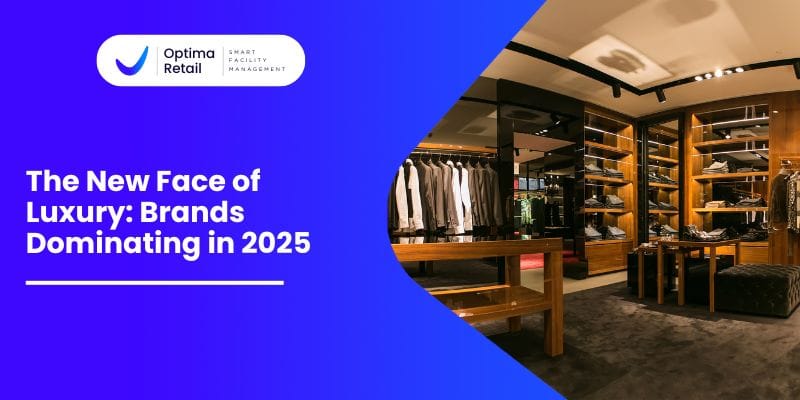The luxury sector has undergone remarkable evolution in recent decades, with the emergence of new brands that have managed to position themselves among the most coveted, rivalling historic firms. While some luxury houses have been captivating the world’s elite for over a century, the 21st century has given rise to brands that have redefined the concept of luxury, adapting to new times and an increasingly demanding generation of consumers.
In this article, we explore the most popular luxury brands in 2025, with a special focus on those that emerged in the 21st century and have managed to conquer the market globally.
Traditional Luxury Brands in 2025
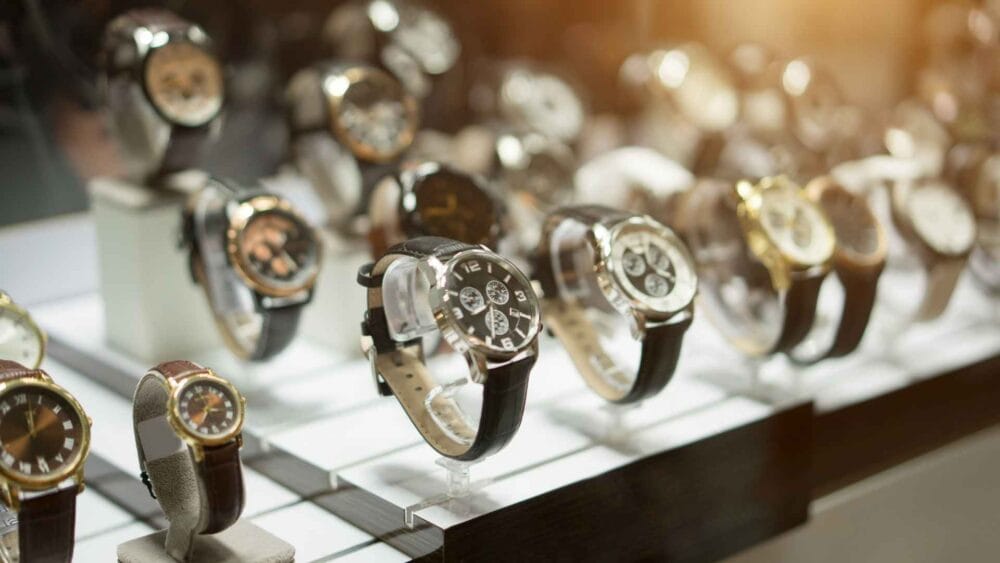
Before delving into the new brands, it is important to understand that traditional luxury remains an undisputed benchmark. In 2025, the most valuable brands in the sector continue to be those that have been setting trends for decades, and even centuries. Some of the most prominent include:
- Louis Vuitton: With a value of $129 billion, Louis Vuitton remains the world’s most valuable brand in the luxury sector. Its long history and continued ability to innovate while maintaining absolute exclusivity have earned it this leading position.
- Hermès: In second place, with a value of over $93 billion, Hermès stands out for its handcrafted products and meticulous attention to detail, which have allowed it to remain a benchmark for classic luxury.
- Gucci: Valued at nearly $24 billion, Gucci has successfully revamped its image, attracting young consumers without losing its haute couture essence.
- Dior and Chanel: Two other historic brands that remain symbols of luxury, with values of around 12 billion and 6 billion dollars respectively, continue to be crucial in the global market.
Despite their prominence, the arrival of new brands in the 21st century has changed the rules of the game. New generations are redefining the codes of luxury, preferring brands that reflect their values and their way of seeing the world.
New Brands of Luxury in the 21st Century
The 21st century has given rise to luxury brands that are mostly that, were born from a12> the interaction between high fashion and urban trends. Below, we explore three of the most influential brands a25> that have managed to capture the attention of the contemporary elite.
1. Off-White (Founded in 2012)
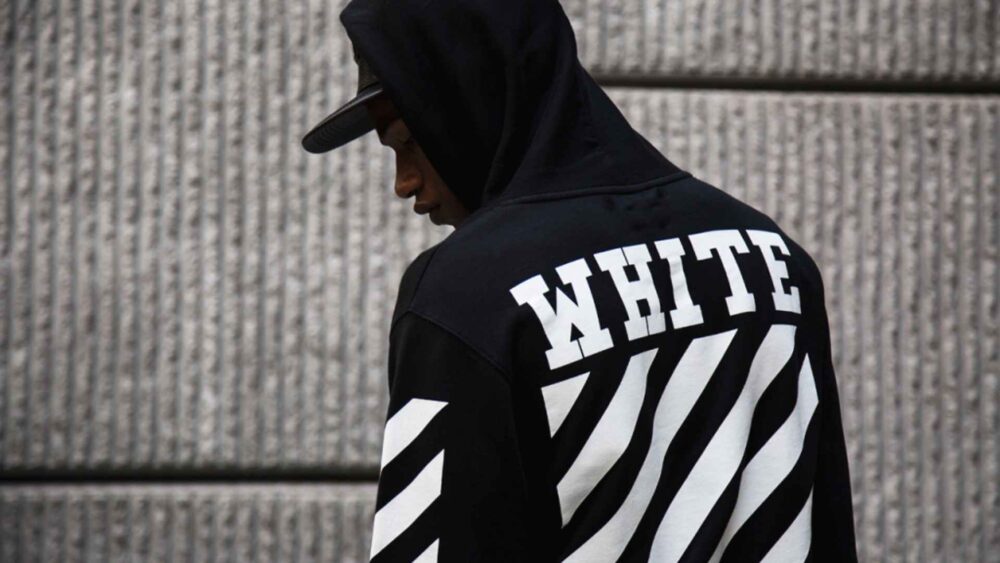
- Founder: Virgil Abloh.
- Style: Off-White has been a pioneer in merging luxury fashion with streetwear culture. Known for its distinctive logos and iconic warning stripes, the brand has become synonymous with urban exclusivity.
- Impact: Despite being relatively young, Off-White has revolutionised the way consumers perceive luxury, associating exclusivity with urban lifestyle and contemporary art. The brand has successfully leveraged social media and collaborations with artists and brands to create an emotional connection with young consumers.
- Value: Although it does not rank among the most valuable brands in the 2025 global ranking, Off-White continues to be one of the most influential luxury brands, especially in the US and European markets.
2. Fear of God (Fundada en 2013)
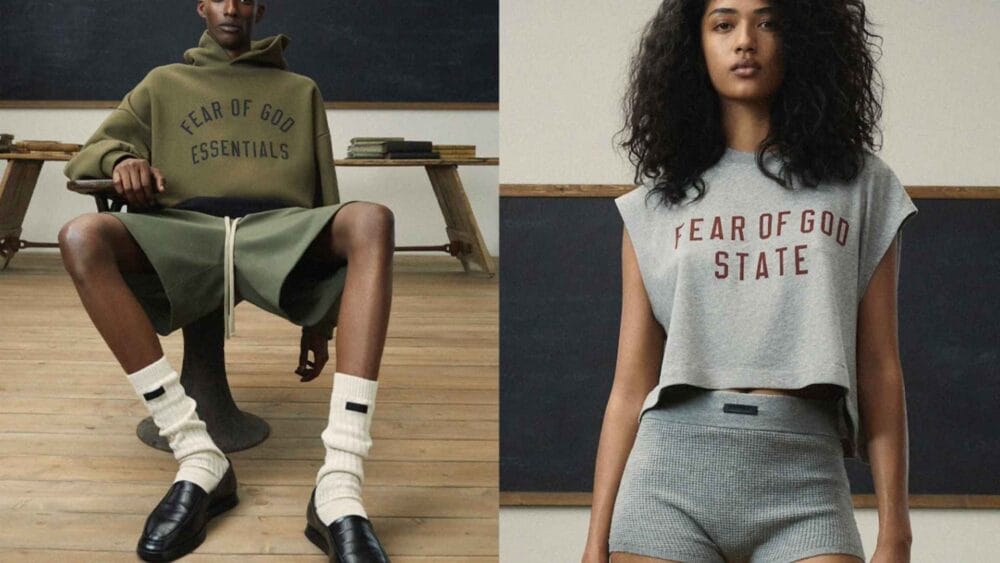
- Fundador: Jerry Lorenzo.
- Style: This Californian brand has redefined luxury by offering clothing that combines comfort and minimalist style with a touch of exclusivity. With loose silhouettes and a relaxed aesthetic, Fear of God has gained popularity among those seeking accessible yet sophisticated luxury.
- Impact: Fear of God has been one of the brands that has managed to integrate streetwear culture in the most organic way possible. The brand has been adopted by celebrities and fashionistas from all over the world, becoming a symbol of the world, becoming a symbol of modern status.
- Value: Like Off-White, Fear of God is not among the most valuable brands globally, but it remains a pillar of young luxury fashion, with a strong presence in key markets.
3. Balenciaga (Revamped in the 2000s under Demna Gvasalia)
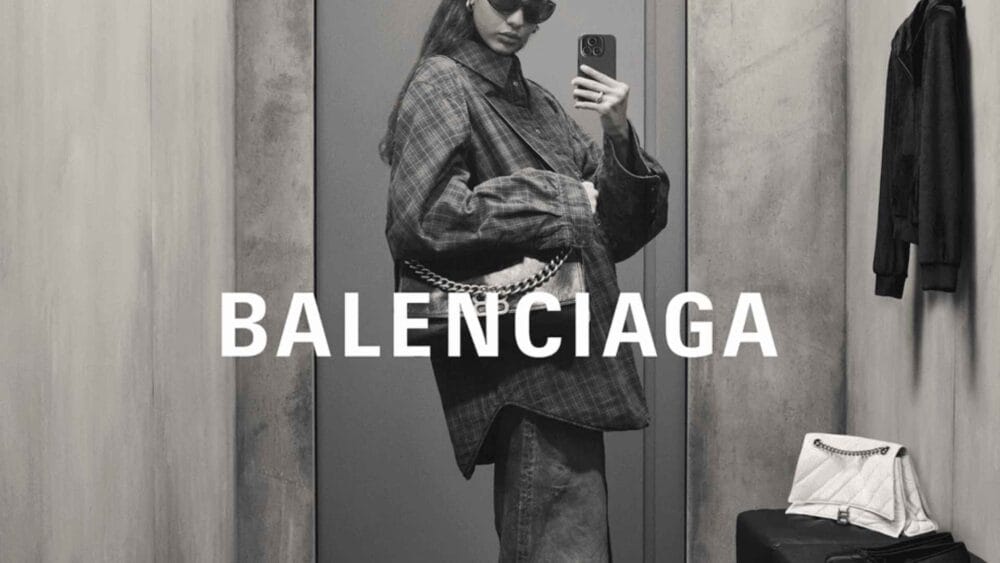
- Founder: Cristóbal Balenciaga (originally founded in 1917).
- Style: Although Balenciaga is a historic brand, its reinvention in the 2000s under the direction of Demna Gvasalia has placed it at the forefront of luxury fashion. Its focus on oversized silhouettes, use of industrial materials, and break with traditional design norms have transformed Balenciaga into a global phenomenon.
- Impact: The brand has been acclaimed for its ability to reinvent luxury, opting for a more disruptive and accessible aesthetic. With the support of younger generations, Balenciaga has become one of the most popular brands in the contemporary luxury industry.
- Value: Although Balenciaga remains a traditional luxury brand, its market value has grown exponentially since its revamp, and today it is one of the most prominent brands in the sector.
The New Definition of Luxury: What Appeals to Today’s Generation?
Luxury brands born in the 21st century have moved away from traditional luxury to adapt to the values of younger generations. Among the factors that define contemporary luxury are:
- Sustainability: Today’s luxury consumers value sustainability and ethical practices. Brands such as Fear of God and Off-White have begun to incorporate these values into their strategies. a15> these values into their strategies, which has been key to attracting an audience aware of the environmental impact of their actions.
- Digital Exclusivity: The digital age has enabled brands such as Off-White and Balenciaga to maintain a direct relationship with their consumers through social media, allowing them to create exclusive experiences for their followers.
- Conexión Emocional: Las marcas emergentes están centradas en crear una conexión más profunda con sus consumidores, más allá del simple acto de comprar. La colaboración con artistas y la participación en proyectos culturales han hecho de estas marcas un símbolo de estatus en la cultura global.
Projections for 2025: The Future of Luxury
In 2025, the luxury sector will be marked by growing interaction between traditional and emerging brands. The big historical brands will continue to dominate the market in terms of value, but 21st-century brands will continue to evolve and expand their influence. Projections indicate that some of these brands could eventually reach the value level of the more historical brands if they continue to adapt to the demands of a globalised and digitalised market.
Furthermore, the transition towards more conscious, ethical and sustainable luxury will be a dominant trend in the coming years. Luxury brands will have to adapt to this new reality in order to remain relevant to future generations.
Conclusion
Luxury in 2025 will not only be the result of historic brands that have stood the test of time, but also of new houses that have managed to adapt to the demands of the 21st century. Brands such as Off-White, Fear of God and Balenciaga are proving that luxury can be modern, accessible and culturally relevant. In the coming years, it will be fascinating to see how these emerging brands continue to transform the luxury landscape, challenging established norms and redefining what it means to be a luxury brand today.
📞 Contact us +34 910 30 31 44
📩 info@optimaretail.es
✉️ Subscribe newsletter: https://lnkd.in/dSK-7Rtb
